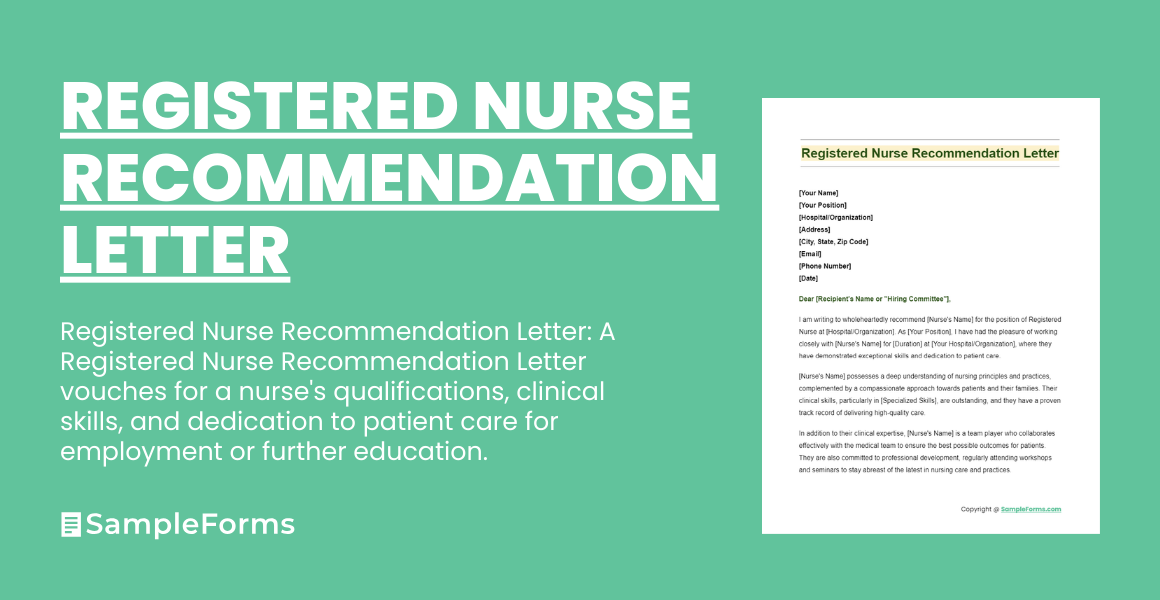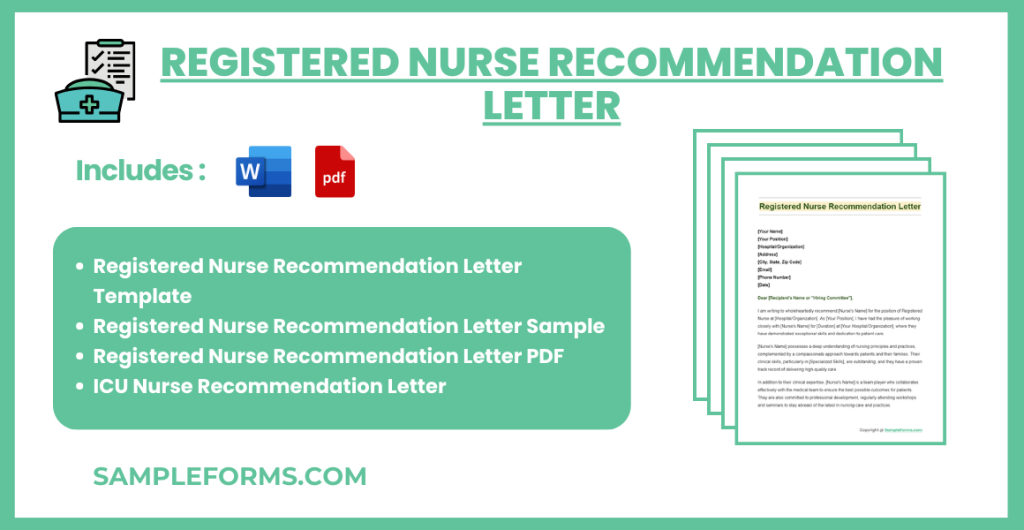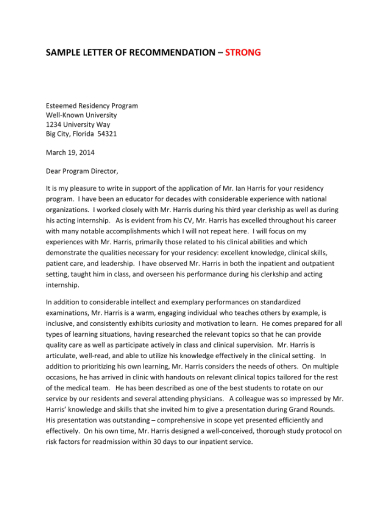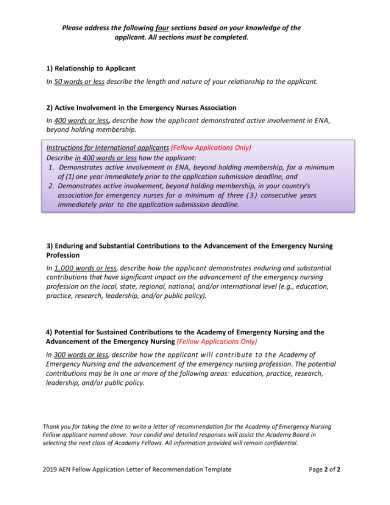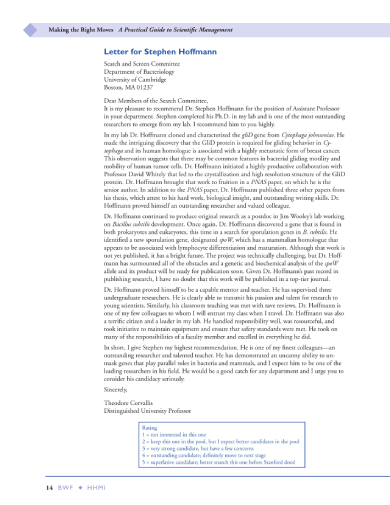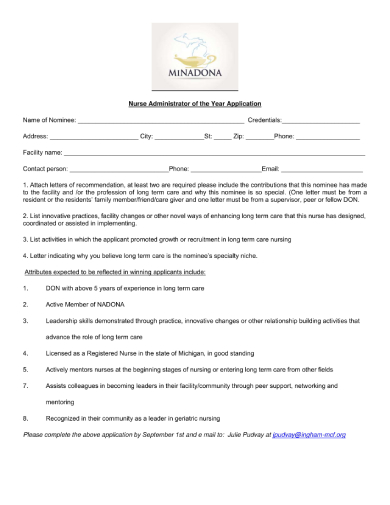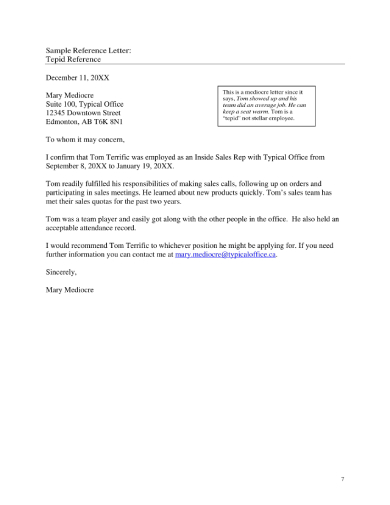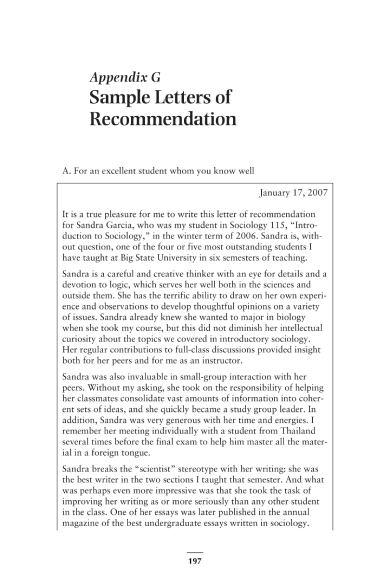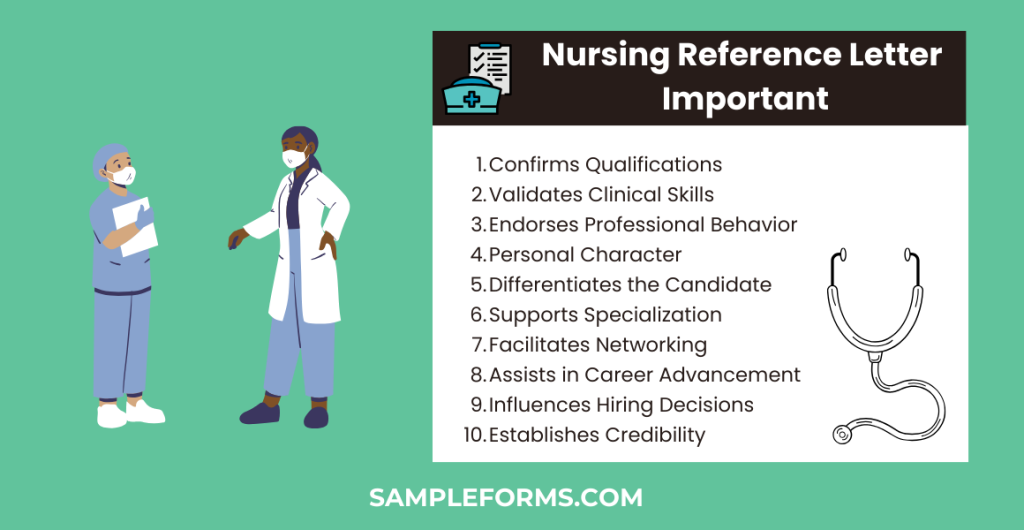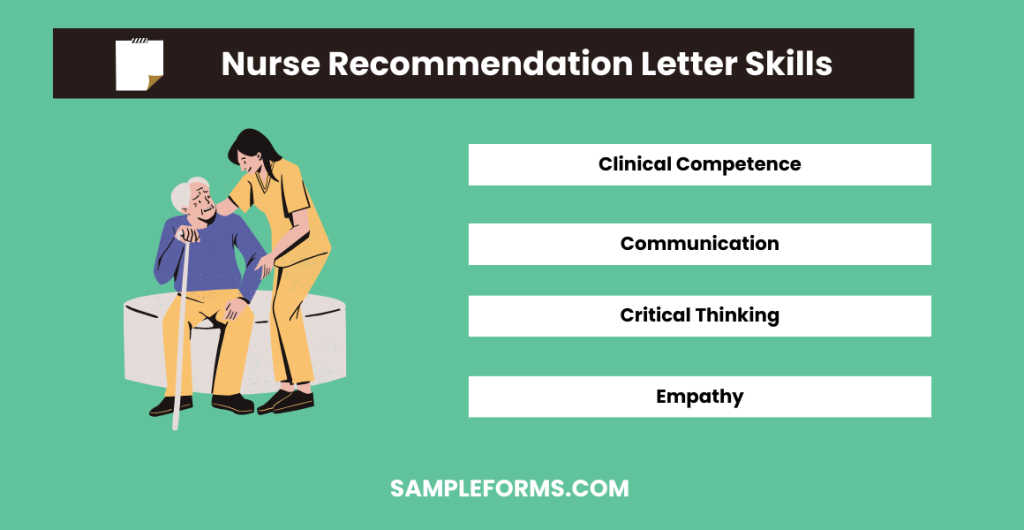Embark on crafting the perfect Registered Nurse Recommendation Letter with our all-encompassing guide. Tailored for healthcare professionals, this guide bridges the gap between a standard Recommendation Letter and a specialized Job Recommendation Letter, providing you with content enriched with pertinent examples. Whether you’re endorsing a colleague’s clinical skills or highlighting their compassionate patient care, our guide ensures your recommendation letter stands out, showcasing the exceptional qualities of a registered nurse.
Download Registered Nurse Recommendation Letter Bundle
What is a Registered Nurse Recommendation Letter?
A Registered Nurse Recommendation Letter is a document that endorses a nurse’s qualifications, skills, and experiences to prospective employers or educational institutions. It serves as a pivotal piece of a nurse’s application, offering a personalized testimony to their clinical competencies, ethical standards, and interpersonal abilities. Similar to a Military Letter of Recommendation, it provides a trusted source’s insight, furthering the nurse’s professional opportunities.
Registered Nurse Recommendation Letter Format
Heading
Your Name
Your Position
Hospital/Organization
Address
City, State, Zip Code
Email
Phone Number
Date
Addressee
Recipient’s Name
Title
Hospital/Organization
Address
City, State, Zip Code
Salutation
Dear [Recipient’s Name],
Introduction
Introduce yourself and describe your professional relationship with the candidate. Mention the length and context of your acquaintance.
Body
Clinical Skills and Competencies
Detail the candidate’s nursing skills, clinical competencies, and any specializations. Highlight examples of excellence in patient care.
Teamwork and Communication
Describe how the candidate works with colleagues and communicates with patients and their families. Provide instances of leadership or collaboration.
Personal Attributes
Comment on the candidate’s personal qualities, such as compassion, resilience, and dedication to nursing.
Conclusion
Strongly recommend the candidate for the nursing position. Summarize the key reasons they are a good fit.
Closing
Sincerely,
[Your Name]
Registered Nurse Recommendation Letter Template
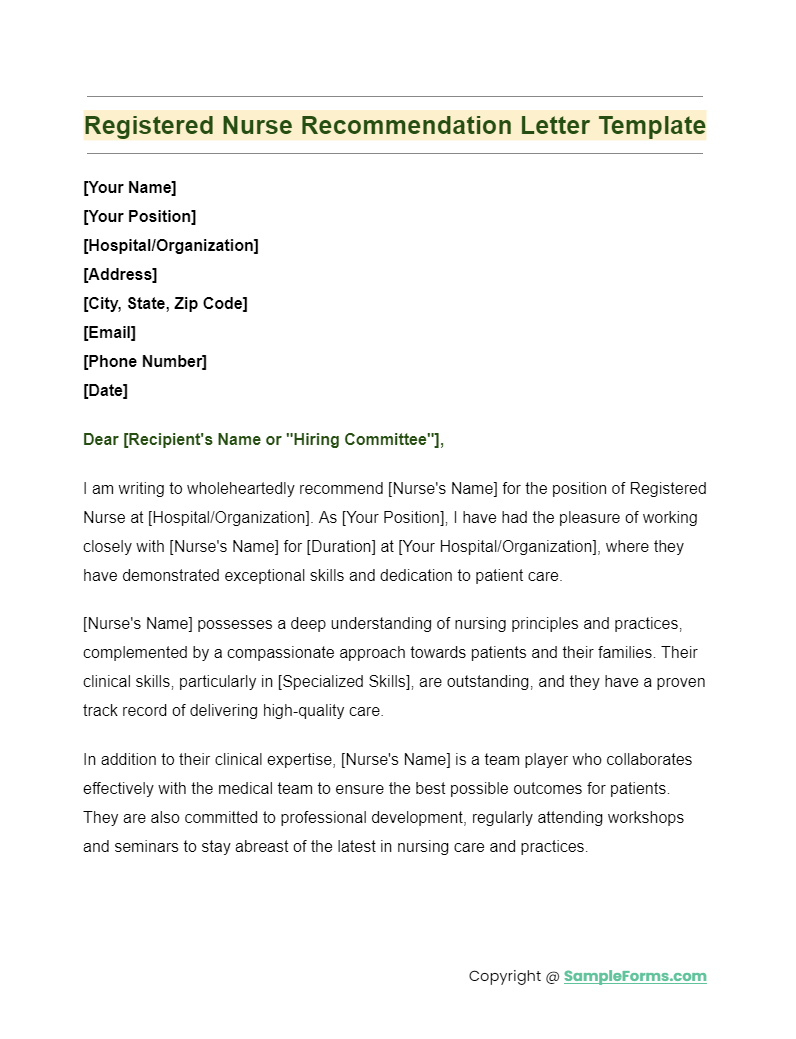
This Registered Nurse Recommendation Letter Template is your step-by-step guide to crafting a compelling endorsement, similar in precision and care to a Teacher Recommendation Letter, tailored specifically for nursing professionals. You may also see Recommendation Form
Registered Nurse Recommendation Letter Sample
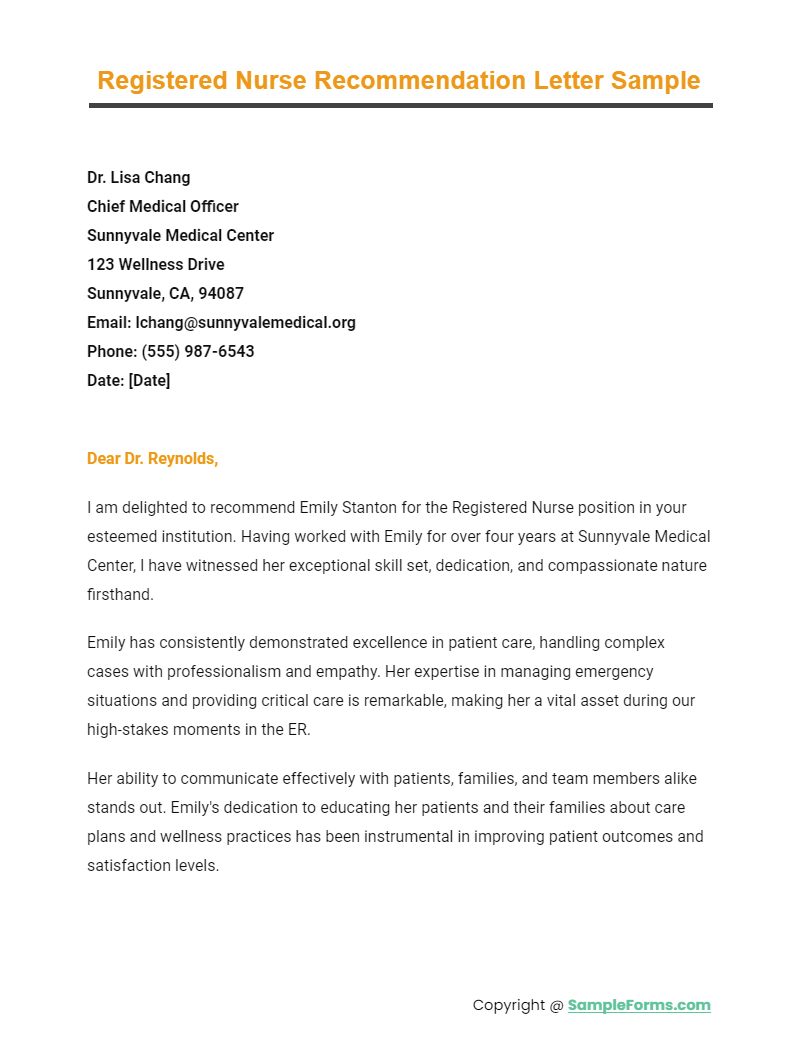
Our Registered Nurse Recommendation Letter Sample provides a real-world example of how to highlight a nurse’s clinical skills and empathetic patient care, mirroring the personalized touch of a Recommendation Letter for a Friend. You may also see Personal Recommendation Form.
Registered Nurse Recommendation Letter PDF
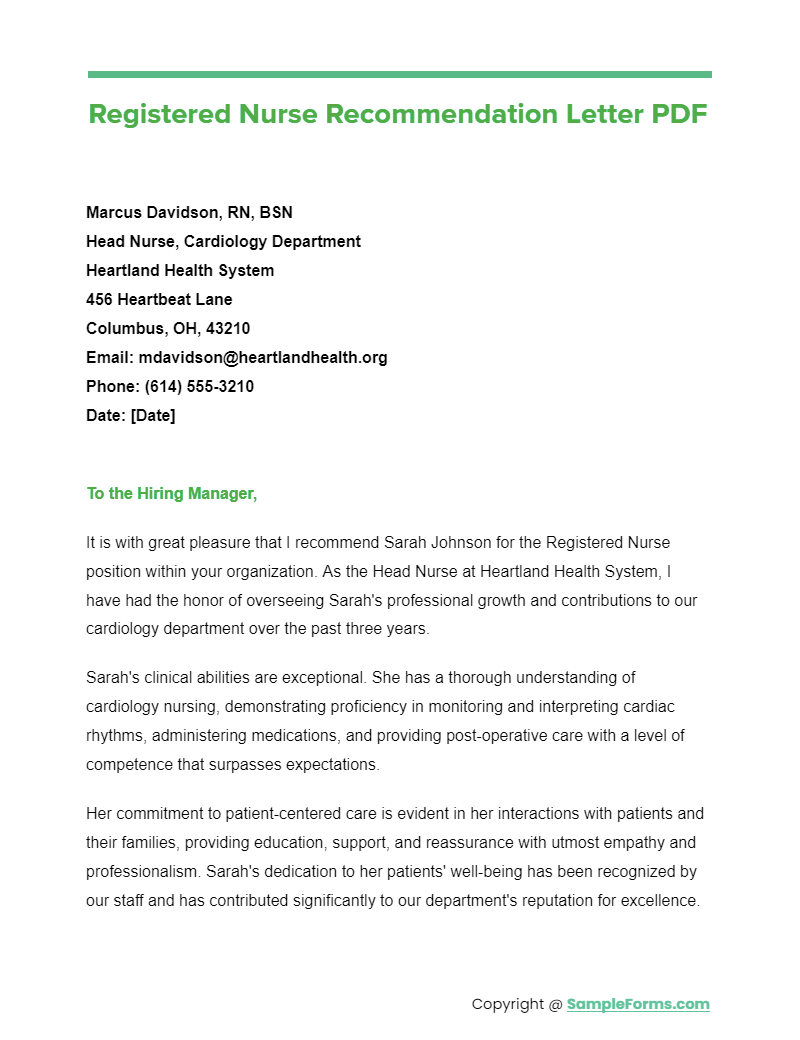
Download our Registered Nurse Recommendation Letter PDF for a convenient and editable format that helps you articulate a nurse’s professionalism and dedication, akin to the detailed character insight of a Personal Recommendation Letter. You may also see Nurse Evaluation Form.
ICU Nurse Recommendation Letter
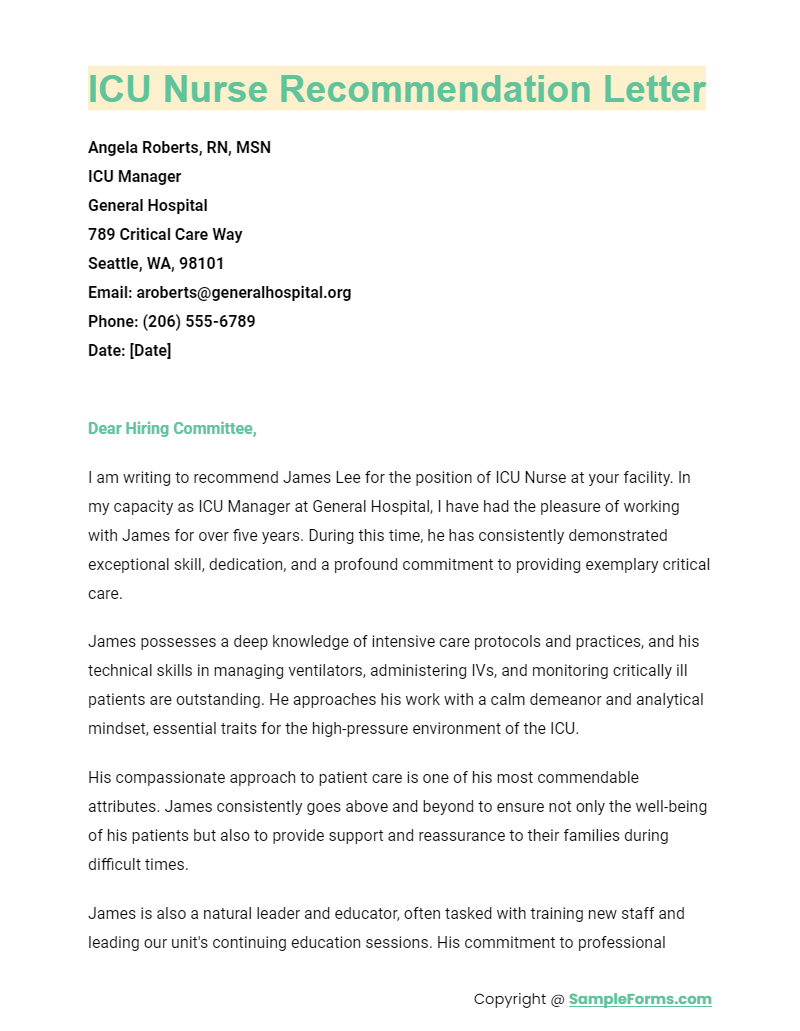
More Registered Nurse Recommendation Letter Samples
Sample Nurse Recommendation Letter
Registered Nurse Recommendation Letter Sample
Sample Nursing Recommendation Letter
Example Recommendation Letter for Registered Nurse
Sample Reference Letter
Letters of Recommendation Sample
Why Is a Nursing Reference Letter Important?
A Nursing Reference Letter is crucial for several key reasons, which can be outlined as follows:
- Confirms Qualifications: It verifies the nurse’s education, certifications, and professional qualifications.
- Validates Clinical Skills: Highlights the nurse’s ability to perform essential clinical tasks and patient care duties.
- Endorses Professional Behavior: Testifies to the nurse’s professionalism, reliability, and adherence to ethical standards.
- Personal Character: Provides insight into the nurse’s character traits, such as compassion, empathy, and resilience. You may also see MBA Recommendation Letter.
- Differentiates the Candidate: Sets the nurse apart from others by detailing unique achievements and contributions.
- Supports Specialization: Can advocate for the nurse’s expertise in specialized areas of nursing, promoting suitability for specific roles.
- Facilitates Networking: Serves as a networking tool, introducing the nurse to potential employers through the recommender’s professional network.
- Assists in Career Advancement: Essential for career progression, including promotions and transitions into leadership roles. You may also see Sorority Recommendation Letter
- Influences Hiring Decisions: A strong reference letter can significantly sway hiring decisions in the nurse’s favor.
- Establishes Credibility: Builds trust with prospective employers or educational institutions by providing a third-party validation of the nurse’s capabilities. You may also see Fraternity Recommendation Letter.
How to Write a Nurse Recommendation Letter and provide Tips?
- Introduction: Start with your name, position, and how you know the nurse, akin to a Character Reference for Court Recommendation Letter.
- Professional Achievements: Highlight the nurse’s clinical skills, contributions, and professional demeanor.
- Personal Attributes: Discuss qualities like compassion, empathy, and teamwork.
- Conclusion: End with a strong endorsement and offer to provide further details, similar to the closure in a Thank You for a Recommendation Letter. You may also see Internship Recommendation Letter.
What skills do you need for a nursing letter of recommendation?
- Clinical Competence: Detail the nurse’s technical skills and medical knowledge.
- Communication: Emphasize the ability to convey information effectively, both written and verbally.
- Critical Thinking: Highlight decision-making and problem-solving abilities.
- Empathy: Mention the nurse’s ability to understand and share the feelings of others, vital for a Character Reference for Immigration Recommendation Letter. You may also see Sample Letter.
What are the qualities of a good nurse?
- Compassion: Being genuinely caring towards patients.
- Resilience: The ability to handle stress and bounce back from challenges.
- Professionalism: Maintaining a high standard of ethical and professional behavior.
- Attention to Detail: Ensuring accuracy in patient care and treatments, essential for a Medical School Recommendation Letter. You may also see Nurse Appraisal Form.
What’s your strongest skill as a nurse?
Identifying one’s strongest skill varies by individual but commonly includes:
- Empathy: Ability to connect and empathize with patients, providing comfort and understanding.
- Communication: Effective communication with patients and healthcare teams. You may also see Eagle Scout Recommendation Letter.
- Clinical Skills: Expertise in patient care and medical procedures.
- Adaptability: Quickly adjusting to changing conditions and patient needs, a key trait in a Registered Nurse Recommendation Letter.
What do nursing schools look for in letters of recommendation?
Nursing schools often seek:
- Academic Preparedness: Insight into the applicant’s academic capabilities, similar to a Graduate School Recommendation Letter Document.
- Clinical Skills: Examples of hands-on experience and clinical expertise.
- Personal Qualities: Characteristics like empathy, integrity, and resilience. You may also see Student Recommendation Letter.
- Professional Potential: Indications of leadership abilities and a commitment to nursing, akin to what might be sought in a Physician Assistant Recommendation Letter.
Who should write letters of recommendation for nursing school?
Professors, clinical supervisors, or healthcare professionals who have directly observed your work and can attest to your skills and character, similar to endorsers for a Law School Recommendation Letter.
What is a professional reference for RN?
A professional reference for an RN is a recommendation from someone familiar with the nurse’s clinical skills, work ethic, and professional demeanor, akin to a Recommendation Letter for Scholarship.
How do I write a nursing referral letter?
Begin with your relationship to the candidate, detail the nurse’s skills and experiences, include specific examples of excellence, and conclude with a strong endorsement, mirroring the approach in a Paralegal Recommendation Letter.
How long should a letter of recommendation be for nursing school?
A letter of recommendation for nursing school should be one page, detailing the applicant’s qualifications and potential in a concise manner, similar to the focus in a Military Recommendation Letter Form.
Can you get nursing job without references?
It’s challenging but possible. Smaller facilities or less competitive positions may not require references, but having them, like in a Tenant Recommendation Letter, significantly boosts your chances.
What is the greatest strength of a nurse?
The greatest strength of a nurse is often considered to be empathy—the ability to understand and share the feelings of patients, enhancing patient care and trust, akin to the compassion highlighted in a Cooking Recommendation Letter.
Related Posts
-
FREE 50+ Letter Forms in PDF | MS Word
-
FREE 5+ Fundraising Sample Letters in PDF
-
1 Week’s Notice Resignation Letter
-
Legal Confirmation Letter
-
Nursing RN Resignation Letter
-
Security Deposit Return Letter
-
Audit Response Letter
-
FREE 5+ Employment Resignation Letters in PDF
-
Official Resignation Letter
-
Character Reference Letter for Immigration
-
Tenant Recommendation Letter
-
Rent Increase Letter
-
FREE 5+ Thank You Letters for Recommendation in PDF | MS Word
-
FREE 5+ Job Letter of Recommendation in PDF
-
Debt Collection Letter
